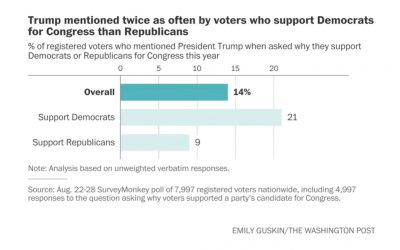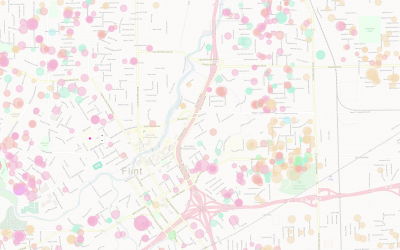The Social Science and Social Media Collaborative
Have established models of social and political processes lost their predictive power?
Recent events, such as incorrect predictions of the 2016 election outcome and the spread of misinformation, present an opportunity to challenge old models with new sources of data.
The abundance of data from social media presents an opportunity to understand social and political trends better.
But first, researchers must address issues concerning the use of this data. Is it representative? Are users honest about their thoughts? Is the collection and processing of the data unbiased and accurate?
This study incorporates five parallel projects to address these issues and harness the opportunity to use new data to gain a better understanding of social and political phenomena.
Methodology
Methodological issues surrounding social surveys and from social media
Political Communication
Parenting
Misinformation
What types of misinformation “sticks” and how does it spread on social media
Economic Indicators
Developing economic indicators using social media data
Each of the five projects have specific substantive focus areas, but are linked through the use of data science methods, big data resources, and the use of high performance computing.
What’s New
Featured: Faculty Research Collectives in the Georgetown University Provost’s Blog
Georgetown University Provost Robert Groves published a blog post about S3MC's exploration of how new internet-affiliated sources of data can inform traditional social science questions. Read the full text here.
Analysis: Democrats are twice as likely as Republicans to name Trump as a reason for their pick in congressional elections
When asked why they planned to vote the way they reported, respondents to a new poll were more than twice as likely to mention President Trump if they planned to vote for a Democrat. The poll and analysis are part of a collaboration between...
Event: 2018 MIDAS Symposium, October 8-9
Please save the date for the upcoming 2018 MIDAS Annual Symposium, titled “Serving Society through Data Science,” to be held October 8-9 at the Rackham Building. We’re excited to bring several preeminent data scientists to Ann Arbor as featured speakers, to hear about...



